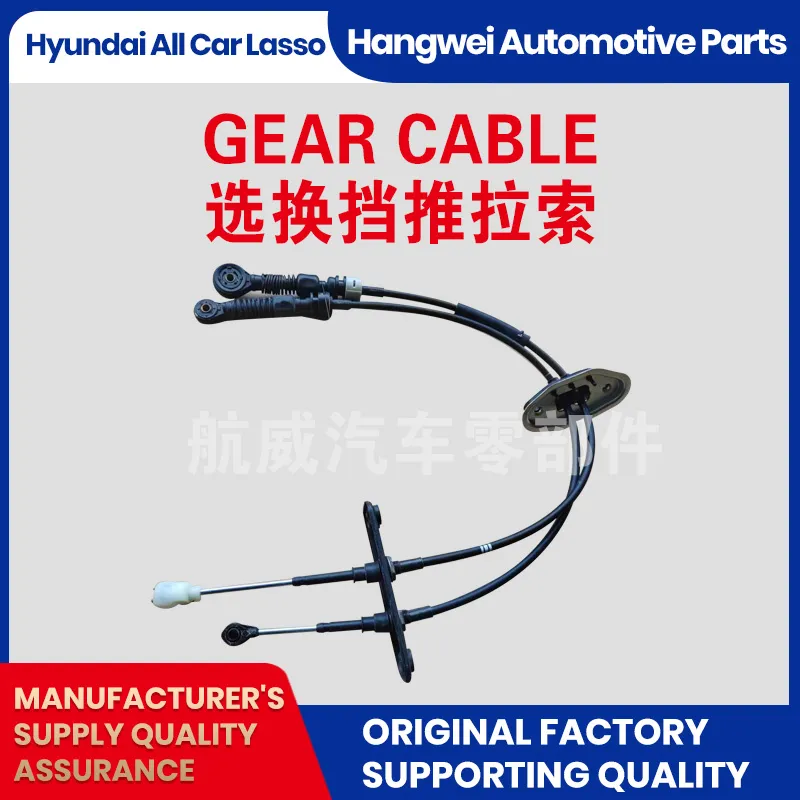Understanding the Functionality of Hydraulic Clutch Lines in Automotive Systems
Understanding Hydraulic Clutch Lines Function and Importance
Hydraulic clutch lines play a crucial role in the functioning of modern vehicles equipped with hydraulic clutch systems. These systems have become increasingly popular due to their efficiency and ability to provide smooth engagement and disengagement of the clutch. The hydraulic clutch line is a key component in this mechanism, facilitating the transfer of fluid to operate the clutch effectively.
At its core, a hydraulic clutch system consists of a master cylinder, a slave cylinder, and the hydraulic line that connects them. When the driver presses the clutch pedal, the master cylinder generates hydraulic pressure by compressing the fluid within it. This pressure then travels through the hydraulic clutch line to the slave cylinder, which actuates the clutch mechanism engaged with the vehicle’s transmission. This setup allows for a more consistent and responsive clutch feel compared to traditional cable systems.
hydraulic clutch line

The hydraulic clutch line is typically made of high-quality materials that can withstand the pressure and temperature changes that occur during operation. Common materials include rubber and stainless steel, both of which offer flexibility and durability. Over time, however, these lines can become worn or damaged due to factors such as heat, exposure to various road conditions, and general wear and tear. A compromised hydraulic line can lead to issues such as fluid leaks, reduced performance, or even complete clutch failure, underscoring the importance of regular maintenance and inspections.
One of the significant advantages of hydraulic clutch lines is their ability to self-adjust. As the clutch wears down, the hydraulic system compensates automatically, ensuring that the clutch engages and disengages smoothly. This minimizes the need for manual adjustments and enhances the overall driving experience. Additionally, hydraulic systems generally require less effort to operate, making them more user-friendly, especially in heavy traffic conditions.
In conclusion, hydraulic clutch lines are integral to the performance and functionality of hydraulic clutch systems in vehicles. Ensuring that these lines are well-maintained can lead to a more reliable and enjoyable driving experience. As automotive technology continues to evolve, the importance of understanding and maintaining these components is increasingly evident. Regular checks can help in identifying potential issues before they escalate, maintaining the overall health of your vehicle's transmission system.
-
Upgrade Your Vehicle with High-Quality Handbrake CablesNewsNov.01,2024
-
Optimize Your Bike's Performance with Quality CablesNewsNov.01,2024
-
Enhance Your Vehicle's Performance with Quality Clutch ComponentsNewsNov.01,2024
-
Elevate Your Vehicle's Performance with Quality Throttle CablesNewsNov.01,2024
-
Elevate Your Vehicle's Performance with Quality CablesNewsNov.01,2024
-
Affordable Solutions for Your Cable NeedsNewsNov.01,2024
